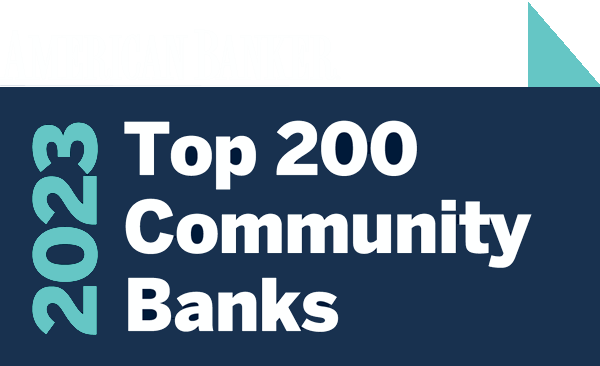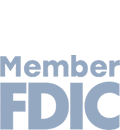What Is a Credit Score?
MAINSTREET BANK
What is a credit score?
A Credit Score is an analytical number that represents the creditworthiness, or financial trustworthiness, of an individual. The number is based solely on historical financial decisions (or credit history) of the individual, and does not take into consideration personal demographic information such as race, gender, or marital status.
Banks, credit card companies, and even utility companies reference your score to determine whether you are fiscally responsible enough to open an account or borrow money. It is a representation of your ability to pay at least the minimum amount due prior to the due date. Or in other words, keep all of your accounts “in good standing.”
This may include paying school or auto loans, credit cards, or even insurance and utility bills.
What is a good credit score?
Credit scores range primarily between 300-850. The more financially trustworthy you are, the higher your credit score is. Most credit scores fall somewhere between 600 – 750.
While evaluating what is a good credit score can seem subjective, a score of 700 and above is widely deemed to be acceptable. Anything above 800 is considered exceptional.
Earning a high score is important because it can lower interest rates on a credit card, car loan, or mortgage. This can mean the difference between saving hundreds and thousands of dollars.
What is a bad credit score?
The grey area between good and bad typically falls between the scores of 580-660. This is when banks and lenders, etc. may need to dive a little deeper into your credit history to determine your ability to repay. Decisions on application approval, interest rates and fees are made accordingly.
Those with a credit score of 579 and below are in the danger zone. These are higher risk applicants, and therefore requests for credit may require higher fees, interest rates, or security deposits. The probability of denial is also more likely compared to individuals with higher credit scores.
How is credit score calculated?
While scoring models vary, this is a general breakdown of how credit scores are calculated:
- 35% payment history
- 30% current loan and credit card debt
- 15% length of credit history
- 10% types of credit
- 10% new credit
Other factors that may be taken into consideration are the number of accounts an individual has, total debt and public records.
Factors that are not taken into account include race, religion, gender, age, occupation and where you live (to name a few).
It’s always smart to know your credit score before shopping for a big-ticket purchase. Every year, you’re entitled to a free copy of your credit report by requesting it through an agency such as Experian®, Equifax®, or TransUnion®. Just make sure to avoid checking it more than once per year as too many inquiries into your score in a short period of time may negatively impact your score.
Make Your Dream Life A Reality With MainStreet Bank
If you’re wondering what is a credit score because you’re interested in financing a mortgage or auto loan, our team would love to chat with you about your options.
At MainStreet Bank, we’re committed to your future success and are here to help you strategize a plan. As a local bank located across Virginia and Washington D.C., we care deeply about our customers’ success as our community’s prosperity is of mutual interest.


